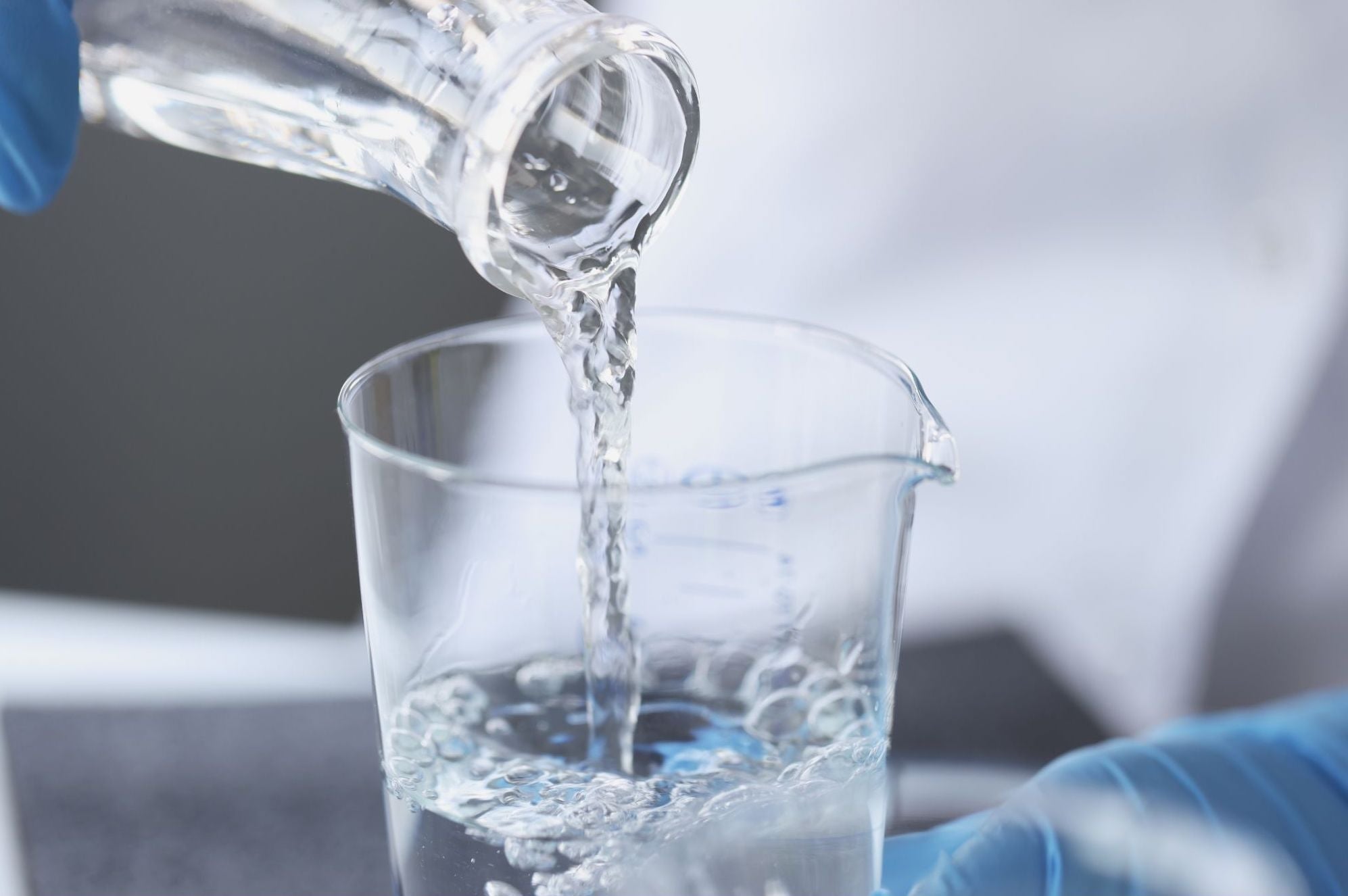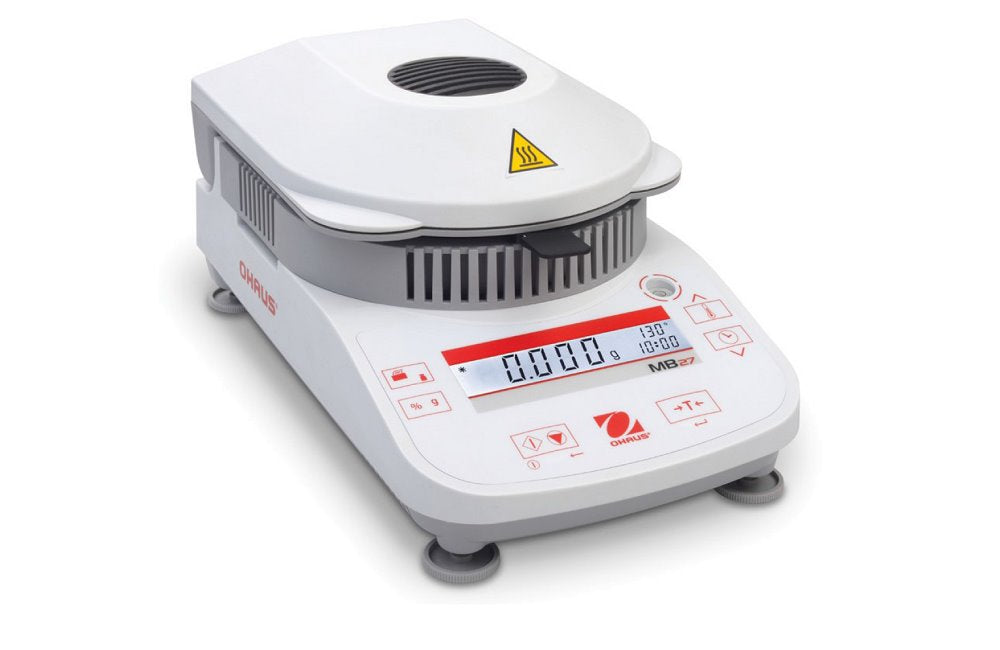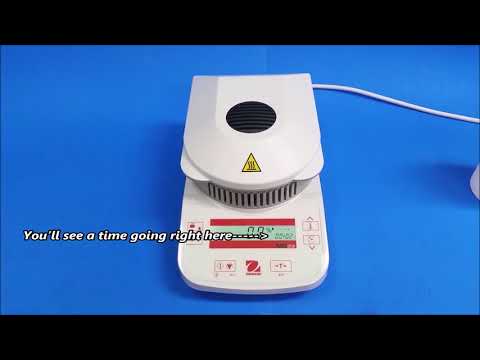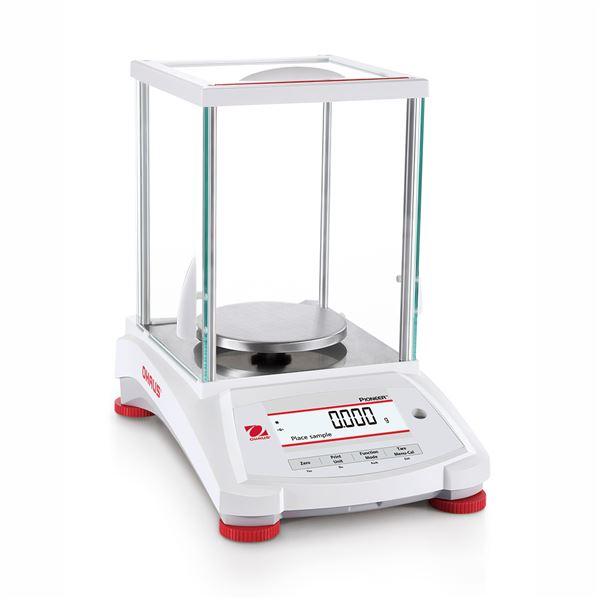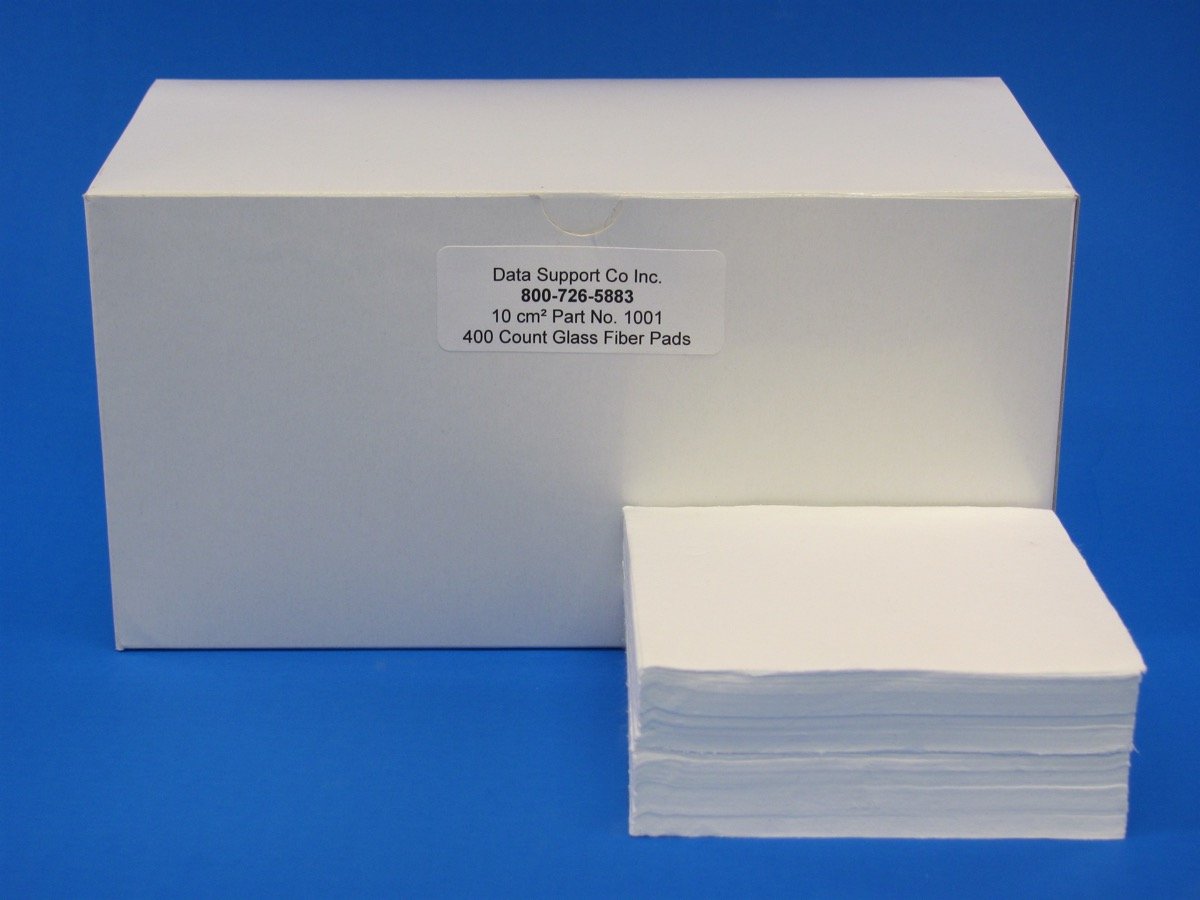Wastewater treatment is a costly, time-consuming, and labor-intensive process, yet it is crucial in ensuring that people are protected from water-borne diseases. In order to improve productivity and consistently produce reliable results, water testing laboratories need to explore innovative approaches.
By adopting new approaches, water testing laboratories can generate higher quality and reproducible results, which in turn can help ensure compliance with wastewater regulations. This can ultimately reduce the risk of water-borne diseases and improve the overall safety of the water supply.
Wastewater testing regulations can vary depending on the geographical location, but the testing process is typically a lengthy and manual one. Laboratories assess various parameters, including total suspended solids (TSS) and total dissolved solids (TDS), to determine the quality of a water sample.
High TSS levels may indicate the presence of undissolved particles in the water, such as solid sewage that can shield pathogens from chlorine disinfection. On the other hand, high TDS levels may suggest that the treatment process failed to remove certain minerals, such as iron or manganese.
Wastewater analysis labs usually record total solids (TS), which is the combined measure of TSS and TDS. The testing workflow involves filtering a water sample through a glass microfiber filter and measuring the amount of suspended, volatile, and dissolved solids present.
To improve the efficiency of this process, labs can consider adopting advanced filtration techniques and automated testing technologies. These can help reduce the time and resources needed to perform the analysis, while still producing accurate and reliable results that comply with wastewater regulations.
Choosing the right filter is crucial to ensure that your laboratory testing adheres to local regulations, while also improving the efficiency of the testing process and enhancing the accuracy of your results.
To streamline the testing process and improve the reproducibility of results, consider using pre-weighed and pre-washed filters. These products eliminate the need for multiple rinsing and drying steps, saving time and resources. By reducing the risk of contamination and minimizing the number of manual steps required, pre-treated filters can also help increase confidence in the accuracy of the results.

